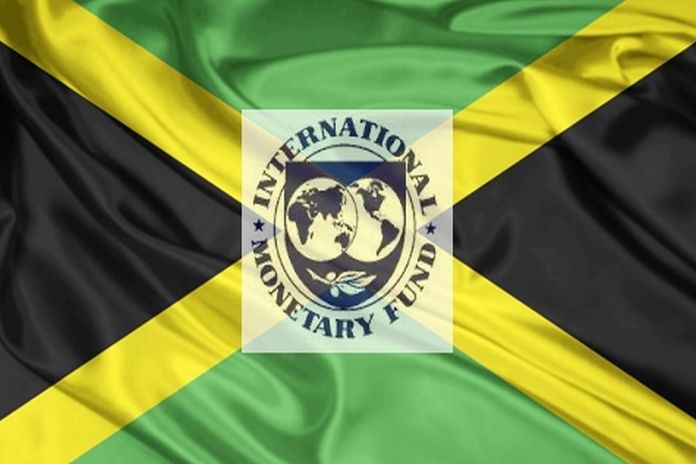USA / JAMAICA – The executive board of the International Monetary Fund (IMF) concluded the Article IV consultation and second review under the precautionary and liquidity line and under the resilience and sustainability facility arrangements with Jamaica.
Over the last years, Jamaica has successfully reduced public debt, anchored inflation, and strengthened its external position. It has built a strong track record of investing in institutions and prioritizing macroeconomic stability, which allowed Jamaica’s response to recent global shocks to be prudent, agile, and supportive of growth. After two years of rapid post-pandemic recovery, GDP growth is projected at 1.7 percent in FY2023/24, with tourism well above pre-pandemic levels and unemployment falling to a record low of 4.5 percent by mid-2023.
Inflation is converging to the Bank of Jamaica’s target band, though it was recently impacted by an increase in transport prices, whose effects are expected to dissipate towards the end of the year. Projected strong tourism inflows are expected to result in a current account surplus for FY2023/24 supporting a sound international reserves position. The financial system is well-capitalized and liquid, and the public debt continues to fall.
The outlook points to sustained growth and inflation falling within the Bank of Jamaica’s target range amid sound external and fiscal positions and financial system stability. Nonetheless, global risks remain high. A rise in global risk aversion may increase financing costs and lower projected global growth, and regional conflicts could increase global commodity prices.
Finally, climate-related events could weaken economic activity. The Jamaican authorities continue to implement sound macroeconomic policies, aided by strong policy frameworks. Supported by buoyant revenues and strict control of non-wage spending, a prudent fiscal stance continues to support a reduction in public debt towards the target in the Fiscal Responsibility Law. The Bank of Jamaica has maintained an appropriately tight policy stance, and its data-dependent monetary policy is countering the inflationary impulse from a strong economic recovery, tight labor markets, and global commodity prices. This policy mix is placing Jamaica in a good position to respond to shocks, counteract inflationary pressures, and secure debt sustainability.
Following the executive board’s discussion, Kenji Okamura, deputy managing director and acting chair of the board, issued the following statement:
“Jamaica has continued to build a strong track record of investing in institutions and prioritizing macroeconomic stability with support of the Precautionary and Liquidity Line and the Resilience and Sustainability Facility Arrangements.
“Sound fiscal and external positions, entrenched macroeconomic stability, and sound policy frameworks continued to support economic growth and a prudent and agile response to global shocks. Inflation is converging to the target and a sustained downward trajectory of public debt and reserve accumulation are enhancing Jamaica’s capacity to face adverse shocks. The authorities also remain committed to SDDS subscription.
“Progress to enhance fiscal policy frameworks has continued, including the operationalization of the Fiscal Commission, the wage bill reform, public debt management, and tax and customs administration reforms. Going forward, efforts to improve the quality of public expenditure and public financial management can further improve policy frameworks.
“The authorities have taken decisive steps to improve the effectiveness of the AML/CFT framework and intend to build on this progress going forward. Efforts continue to improve financial policy frameworks, advancing in the adoption of Basel III, enhancing consolidated supervision, and working to strengthen the resolution regime of financial institutions. Going forward, policy frameworks would benefit from gradual adoption of reforms to capital flow measures and further deepening of FX markets.
“The authorities are advancing their ambitious climate policy agenda to increase resilience to climate change and catalyze climate financing. Recent reforms include steps to establish a natural disaster reserve fund, strengthen climate-related elements in public investment management, and enhance the climate risks assessment in the financial system to embed these risks into supervisory activities.
“Going forward, continued efforts to build resilience to global shocks through prudent policies and reforms to tackle supply-side constraints and raise productivity can further unleash Jamaica’s potential and foster inclusive growth over the medium term.”







